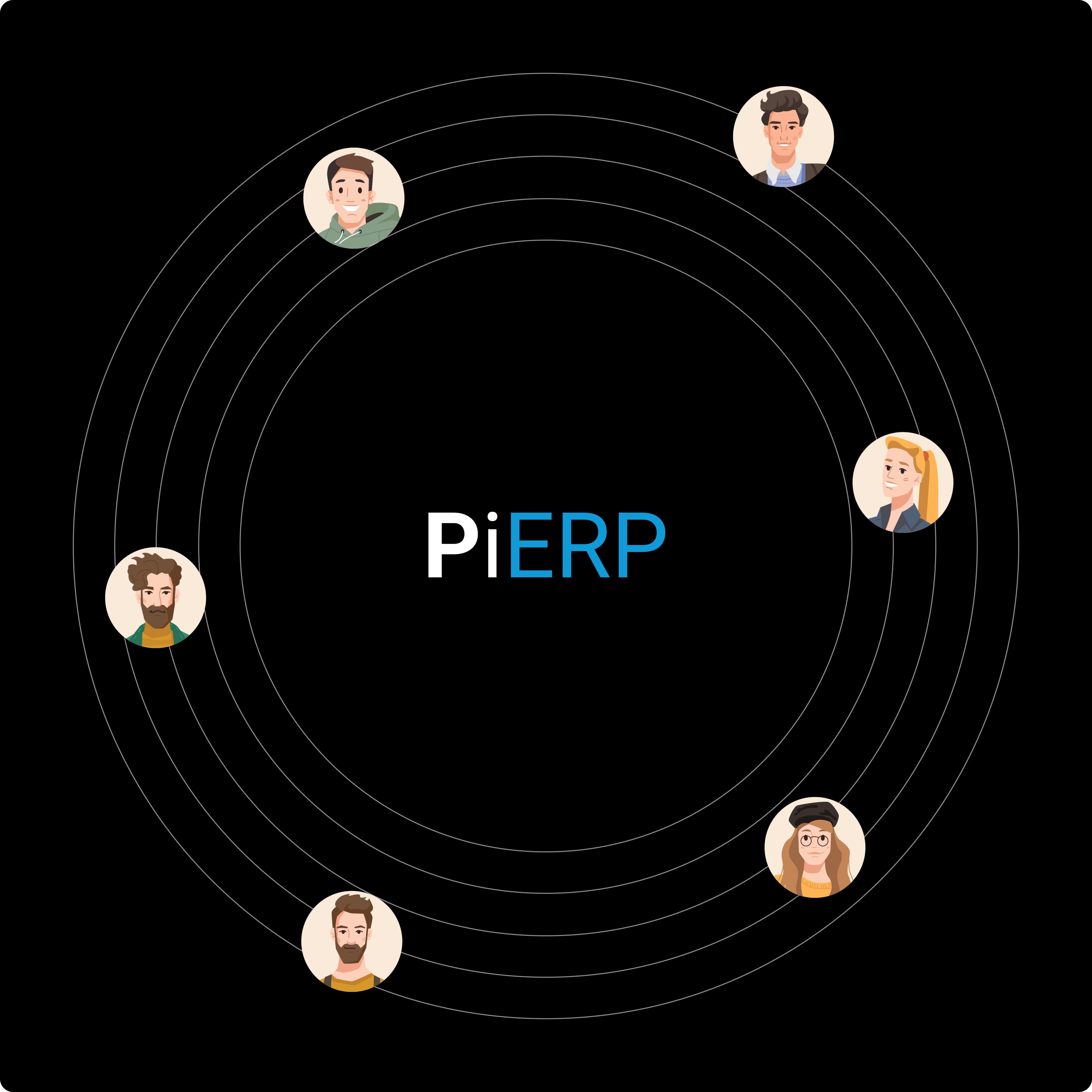In today’s competitive business world, having a streamlined sales process is crucial for success. CRM ERP (Customer Relationship Management and Enterprise Resource Planning) software is a powerful tool that helps businesses manage their sales pipelines efficiently. This article will break down what CRM ERP software is, how it can benefit your business, and why it’s essential for modern sales teams. By integrating Sales CRM software features within the broader scope of CRM ERP software, businesses can enhance their overall efficiency and productivity.
Overview of CRM ERP Software
CRM ERP software is a type of technology that helps businesses manage their interactions with current and potential customers while also integrating various business processes. It combines the capabilities of Sales CRM software, which focuses on managing customer relationships and sales activities, with ERP functionalities that cover broader business operations like inventory management, accounting, and human resources.
How CRM ERP Software Works
- CRM System Integration:CRM ERP software incorporates CRM system features to manage and organize customer information. This includes tracking interactions from emails, phone calls, social media, and website visits.
- Sales CRM Software Features:It includes sales CRM software capabilities to handle sales-specific tasks, such as managing leads, tracking sales pipelines, and automating follow-ups.
- Data Centralization:The software integrates customer data from CRM systems with operational data from ERP systems, creating a centralized database that supports both sales and operational needs.
- Enhanced Tracking and Automation:It tracks customer interactions and sales activities while automating routine tasks across CRM and ERP functions, such as generating reports, scheduling meetings, and managing data entry.
- Comprehensive Insights:CRM ERP software provides detailed analytics and reporting, combining insights from both CRM systems and ERP modules to offer a complete view of business performance and customer relations.
Benefits of CRM ERP Software
- Unified Customer and Sales Management:By integrating CRM solutions and Sales CRM software, CRM ERP software ensures all customer and sales data is centralized, improving access and management.
- Streamlined Operations:Enhanced integration between sales processes and broader business functions leads to better coordination and more efficient workflows.
- Increased Productivity:Automation of repetitive tasks and comprehensive reporting boosts productivity, allowing teams to focus on strategic activities.
- Scalability and Growth:CRM ERP software supports business expansion by efficiently managing growing customer bases and increasing operational complexity.
Key CRM Modules Needed in CRM ERP Software
CRM ERP software blends Customer Relationship Management (CRM) with Enterprise Resource Planning (ERP) to offer a unified solution for managing customer interactions and business operations. Here are some key CRM modules that are essential in CRM ERP software:
Contact Management:
- Purpose:Store and manage all customer information, including contact details, communication history, and interactions.
- Benefits:Centralized customer data, making it easy to access and update, and enhances customer relationship management.
Lead Management:
- Purpose:Track and manage sales leads from initial contact through to conversion.
- Benefits:Helps prioritize leads, monitor their progress, and ensure timely follow-ups to increase conversion rates.
Sales Pipeline Management:
- Purpose:Visualize and manage the stages of the sales process, from prospecting to closing.
- Benefits:Provides a clear overview of where each deal stands, allowing for better forecasting and resource allocation.
Opportunity Management:
- Purpose:Track and manage potential sales opportunities and their associated details.
- Benefits:Ensures that promising opportunities are followed up and managed effectively to maximize sales.
Task and Activity Management:
- Purpose:Schedule and track tasks, meetings, and follow-up activities related to customer interactions and sales processes.
- Benefits:Automates routine tasks, helps in managing deadlines, and improves productivity by ensuring timely actions.
Customer Service and Support:
- Purpose:Manage customer service requests, track issues, and provide support through various channels.
- Benefits:Enhances customer satisfaction by providing timely resolutions and support.
Marketing Automation:
- Purpose:Automate marketing campaigns, manage email marketing, and track marketing performance.
- Benefits:Streamlines marketing efforts, improves campaign efficiency, and provides insights into marketing ROI.
Reporting and Analytics:
- Purpose:Generate reports and analyze data related to sales performance, customer interactions, and other key metrics.
- Benefits:Provides actionable insights for decision-making, helps in measuring performance, and identifies areas for improvement.
Integration with ERP Modules:
- Purpose:Integrate CRM functionalities with ERP modules such as inventory management, accounting, and human resources.
- Benefits:Provides a holistic view of business operations, improves data consistency, and streamlines processes across departments.
Customizable Dashboards:
- Purpose:Create personalized dashboards to track key performance indicators (KPIs) and metrics.
- Benefits:Allows users to focus on relevant data, making it easier to monitor and manage performance.
Workflow Automation:
- Purpose:Automate workflows and processes within the CRM system, such as approval processes and task assignments.
- Benefits:Enhances efficiency, reduces manual intervention, and ensures consistency in business processes.
Mobile Access:
- Purpose:Provide access to CRM functionalities via mobile devices.
- Benefits:Enables sales teams and customer service representatives to access and update information on-the-go, improving responsiveness and productivity.
Conclusion:
CRM ERP software is an invaluable tool for businesses looking to streamline their sales pipeline and improve their sales performance. By organizing customer information, automating routine tasks, and providing valuable insights, it helps your sales team work more efficiently and effectively. Whether you’re a small business or a large enterprise, investing in the best CRM ERP software can drive growth, enhance customer relationships, and keep you competitive in today’s fast-paced business environment. By choosing the right software and implementing it effectively, you can ensure your sales team has the tools they need to succeed.






